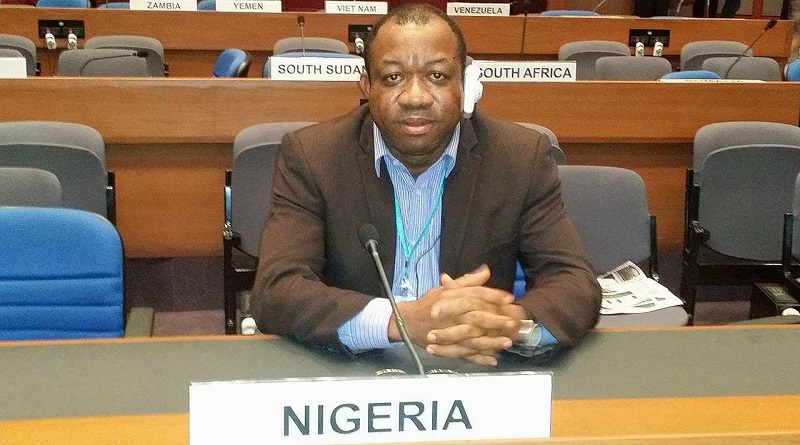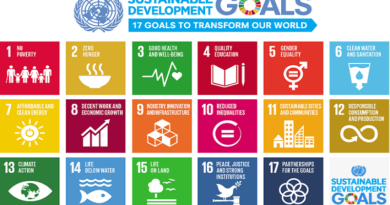Minamata Convention: Africa tops on ratification status
With nine more parties to ratify the Minamata Convention on Mercury before it enter into force, an analysis of the ratification status published on the Convention website as at Friday April 7, 2017 revealed that Africa is presently leading with 18 countries that have ratified the Convention.
This was followed by America with 13 countries; Europe three; Asia three and the Middle East three and Samoa, bringing the total number of countries that have ratified the Convention to 41 out of the 128 countries that had signed it.
Though not yet reflected on the Convention’s website, Ecogreen News reported on Saturday April 8, 2017 that Canada on Friday April 7 deposited her instrument of ratification of the Convention at the United Nations headquarters.
A news statement by Environment and Climate Change Canada on Friday announced that Government of Canada has ratified the Convention. The statement, quoted the Minister of Environment and Climate Change, Catherine McKenna, saying the “Government of Canada has ratified the Minamata Convention, a global agreement to reduce anthropogenic (human-generated) mercury emissions and releases to the environment here and abroad.”
Among the Africa countries that have ratified the Convention are: Benin, Botswana, Chad, Djibouti, Gabon, Gambia, Ghana, Guinea, Lesotho, Madagascar, and Mali.
Others are Mauritania, Senegal, Seychelles, Sierra Leone, Togo, Zambia and Swaziland.
In America, the following countries have ratified the Convention as well, they are: Mexico, Peru, United State of America, Honduras, Uruguay, Ecuador, Nicaragua, Antigua and Barbuda, Costa Rica, Panama, Guyana, Bolivia and Canada.
In the Middle East, United Arab Emirates, Jordan and Kuwait have ratified the Convention while in Asia, China, Japan and Mongolia had ratified it. Samoa, an independent country in the Polynesia as also ratified it.
In Europe, Liechtenstein, Switzerland and Monaco had ratified the Convention.
Asked why more African countries had ratified the Convention, Executive Director, Sustainable Research and Action for Development (SRADev-Nigeria) Leslie Adogame, said African countries needs to show more interest because mercury or its compounds are not produced in any African countries but the continent presently suffer as a dumping ground for mercury products presently.
He added that Africa has less capacity to cope with the harm mercury cause to environment and humans. “So, you would definitely expect the high enthusiasm to ratify the Convention.”
On the position of European countries to the Convention, Adogame said, “I am certain that the European Union would ratify before the due date. EU is made up of 27 countries and only 10 of these is required to make the 50 mark.”
He however, assured that the Nigeria process of acceptance and final deposition of instrument is ongoing but very slow.
The Minamata Convention on Mercury is a global treaty adopted in Kumamoto, Japan in October 2013 to safeguard human and the environment from mercury and its compounds pollution.
Mercury impacts on health include disruption of the nervous system; damage to brain functions; DNA damage and chromosomal damage among others. It also has negative impacts on the environment: mercury and its compounds can be transported across a wide area forming mercury pollution in the atmosphere, water bodies and soil; it bio-accumulate and its persistent in the atmosphere.
So far, 128 countries had signed the Convention which will enter into force once 50 countries ratify it. Subject to the ratification of the Convention, the first Conference of Parties to the Convention is slated for the last week in September.
Kayode Aboyeji




